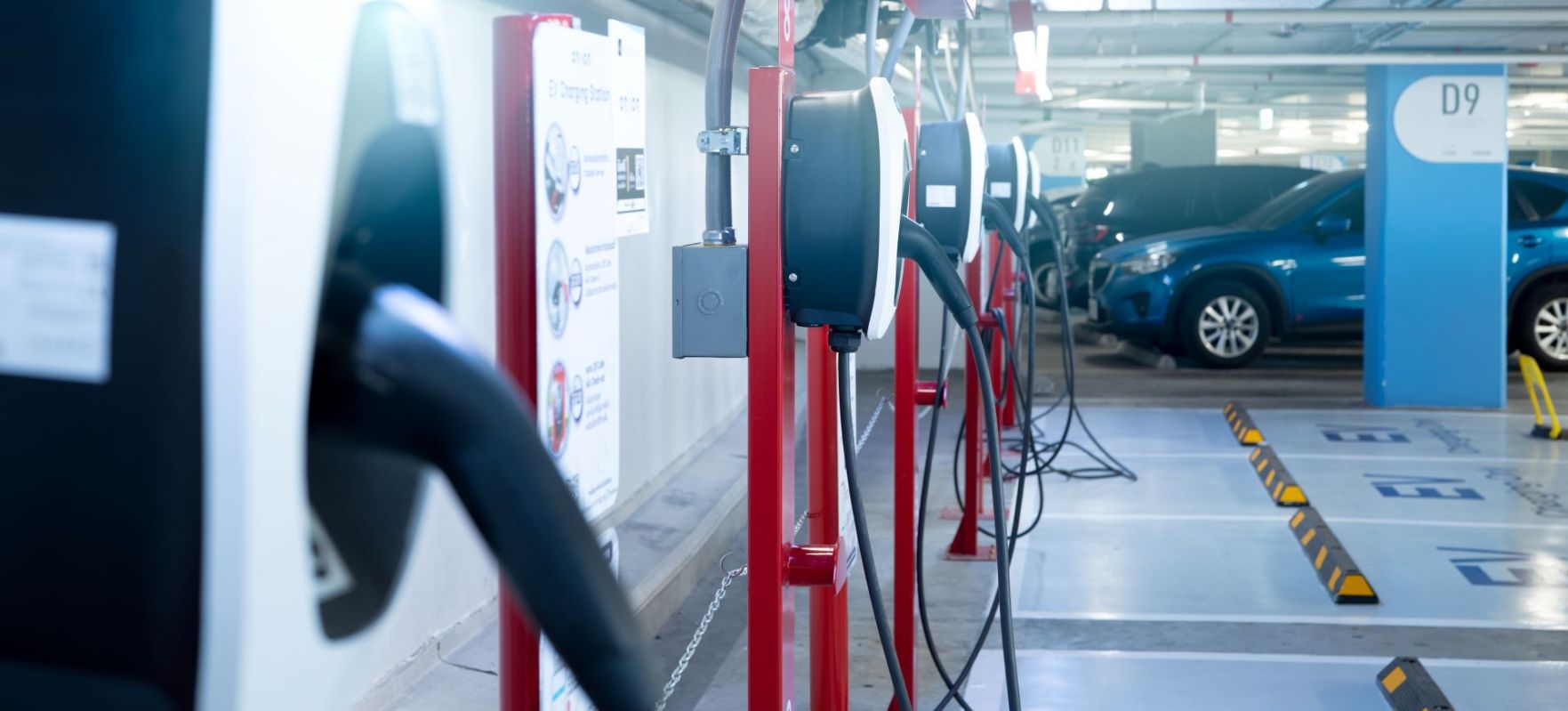Global sales of electric vehicles appear to be picking up speed as quickly as an EV with the pedal down (and, yeah, that's pretty fast).
The International Energy Agency (IEA) released a report in April saying it expected global EV sales to jump 35% in 2023 compared to an already record-setting 2022.
Also, IEA upped its forecast of EVs' share of the overall market, saying they could account for 35% of new vehicles sold globally by 2030. This was a big increase from IEA's prediction last year that EVs would account for less than a quarter of the 2030 market.
The accelerated forecasts reflect continuing trends in EV demand that will have major implications for the worldwide energy industry, according to the IEA. The movement toward EVs and away from gas-powered vehicles could also be very good news for the world's climate.
IEA reported that worldwide sales of electric cars totaled more than 10 million in 2022 and that it expected 2023 sales to reach 14 million. For reference, that same number of gas-powered vehicles driven for one year would use more than 832,000 tanker trucks of gas, according to an EPA calculator.
IEA's Global EV Outlook 2023 report proclaimed "explosive growth" that tracked EVs' share of overall sales from around 4% in 2020 to 14% in 2022, and finally, a projected 18% this year. Steeply sloping charts of recent and projected sales in different countries align with the dramatic ramping up of EV sales, along with their further potential.
Pointing to strong 2022 and early 2023 sales in major markets such as China, Europe, and the United States, IEA also referenced changes to government policies as reasons for its steep upward revisions of sales projections.
On an individual level, Americans have great opportunities to be part of this EV movement. Now is arguably a better time than ever to consider buying or leasing an EV due to falling prices, tax incentives brought by the Inflation Reduction Act, a variety of EV models, and a growing number of charging stations.
Besides, you have the satisfaction of knowing that battery EVs have no tailpipe releases of planet-warming carbon pollution — and decreasing impact overall as electricity generation tips toward clean energy.
In its news release about the EV movement, IEA wrote, "The global auto industry is undergoing a sea change, with implications for the energy sector, as electrification is set to avoid the need for 5 million barrels of oil a day by 2030."
"Electric vehicles … are bringing about a historic transformation of the car manufacturing industry worldwide," IEA executive director Fatih Birol added in the release. "The internal combustion engine has gone unrivalled for over a century, but electric vehicles are changing the status quo."
Join our free newsletter for cool news and actionable info that makes it easy to help yourself while helping the planet.









